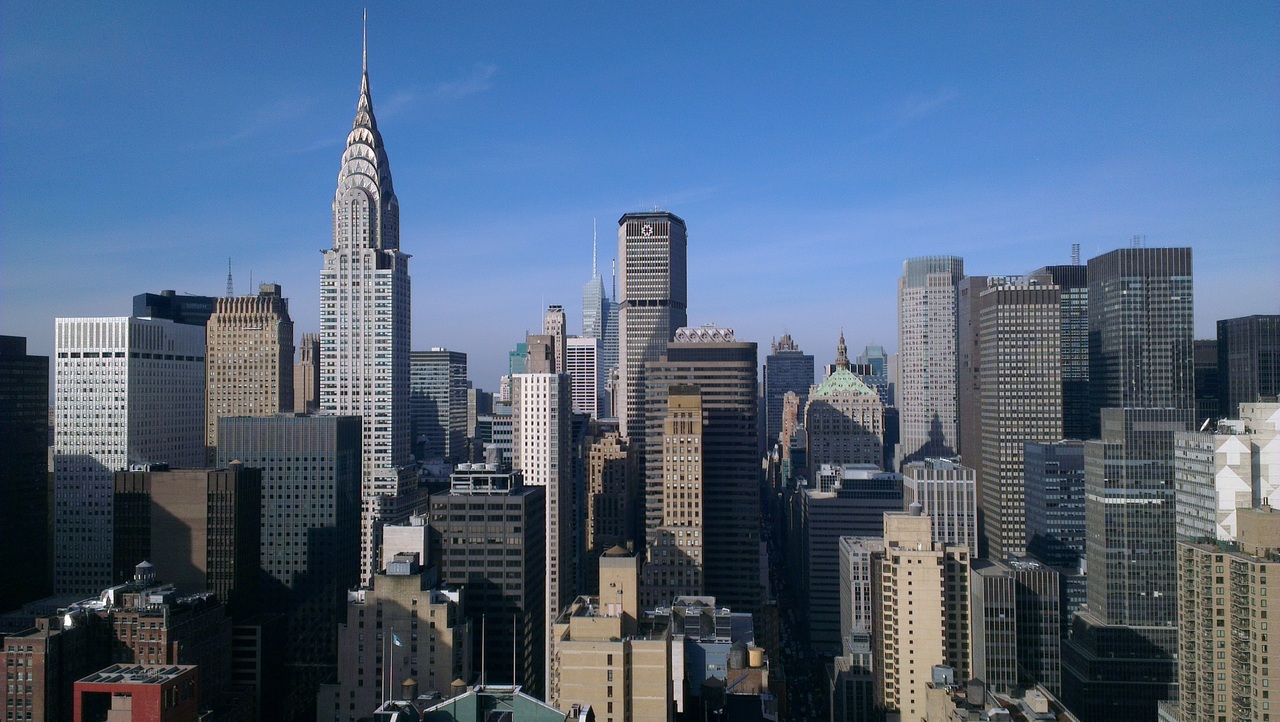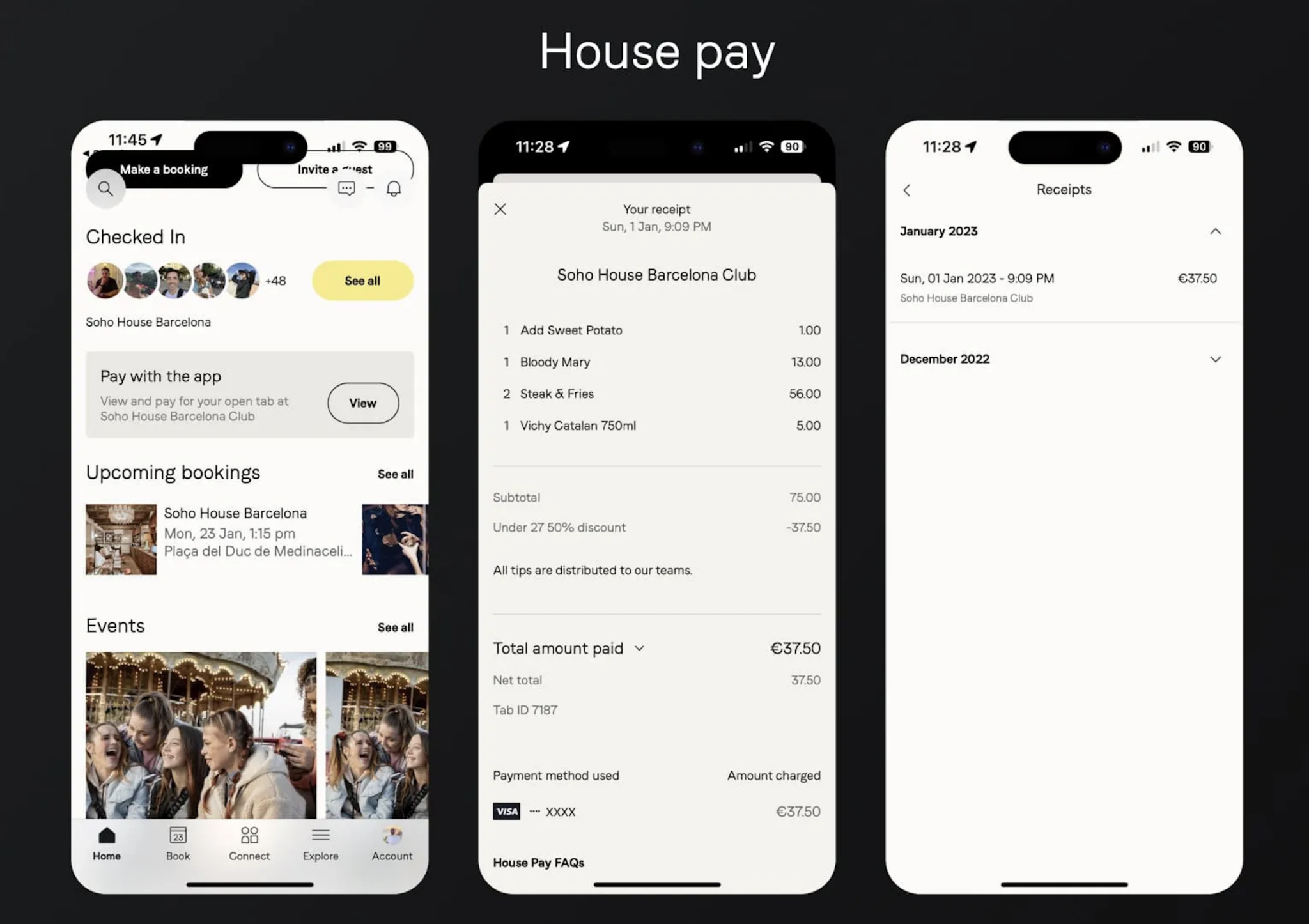Disney’s Domestic Parks Had Lower Attendance, But They Still Made a Ton of Money
Skift Take
Crowds might have been slightly thinner in U.S. Disney parks, but that doesn’t mean the company is suffering.
The Walt Disney Co. on Tuesday afternoon said domestic park attendance dropped 4 percent in the third fiscal quarter, which ended July 2. That was due largely to the Easter holiday falling during the second quarter this year compared to third quarter of last year.
But guest spending still grew in the U.S., pushing revenue for the entire parks and resort segment up 6 percent to $4.4 billion. Segment operating income jumped 8 percent to $994 million.
Overall, the Walt Disney reported that revenues increased 9 percent to almost $14.3 billion and net income rose 5 percent to $2.6 billion.
So far, the spread of Zika in Miami some 225 miles away from Walt Disney World is not discouraging visitors in Orlando, CEO Bob Iger said.
“We’ve had a few calls on it, but we really haven’t seen anything that we would be concerned about in terms of its impact on visitation or bookings,” he told CNBC Tuesday afternoon.
Iger also said the mix of international and domestic visitors in the U.S. parks hadn’t changed much despite challenges from some markets including Brazil and Canada. Great Britain, he said, was stronger than expected, considering the plunge in the value of the pound following the Brexit vote.
Internationally, Hong Kong Disneyland performed better, Tokyo remained strong, and business at the Paris park was soft because of fears of terrorism and the impact of foreign currency.
The quarter’s real star was the new Shanghai Disney Resort, which opened June 16.
Since then, Iger said, more than a million people have visited — from a surprising variety of places.
“We fully expected that a lot of visitation early on would be from Shanghai,” he told CNBC. “Turns out it’s from all over China.”
Guests are staying almost two hours longer than expected per visit, which Iger called a positive.
“It suggests that they are really enjoying the product,” he said.
Per-person spending has been strong, especially on food and drinks, hotels are booked at 95-96 percent occupancy, and the Lion King — a Mandarin-language production that requires a separate ticket — is “very well booked,” Iger said.
The company has been working on the project for more than 17 years, and sees the Shanghai park as an key entry point to cultivate new fans of the parks — as well as movies, consumer products and other slices of the Disney universe.
“We’re already expanding,” Iger said. “We’ve not announced exactly what it is that we’re building, but we’re already building to expand.”




